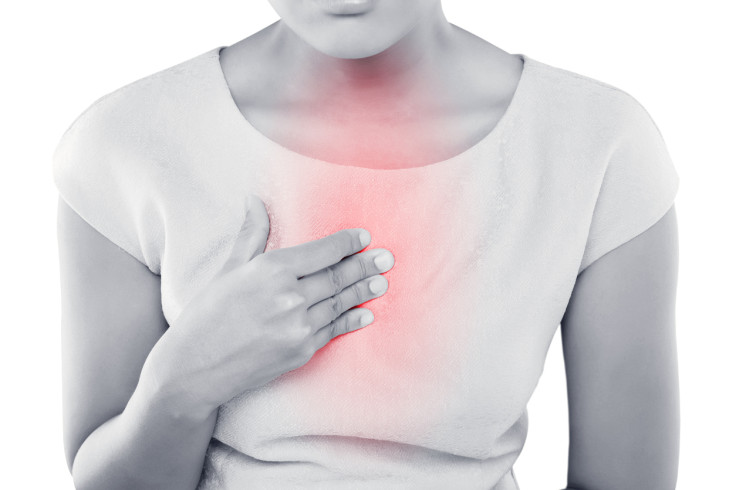Six in 10 older UK teens have 'possible eating problems'
The survey was conducted by NHS Digital, the YK health service's statistical body.
A recent survey has revealed that more than half of older teenagers and young adults in the UK have "possible problems with eating."
The survey, conducted by NHS Digital, the health service's statistical body, roped in more than 2,800 children and young people now aged between seven and 24 years old.
It found that six in ten people between the ages of 17 and 19 had a problematic relationship with food. The problems were more common in teenagers and young women as opposed to their male counterparts.
Behaviours that were less serious than having an eating disorder were observed in 17.8% of girls aged 11 to 16, but only 8.1% of boys of the same age had the same issues.
"It's deeply concerning that so many children and young people are reporting possible eating problems," Tom Quinn, the director of external affairs at Beat, the eating disorders charity, told The Guardian.
"The thoughts and behaviours highlighted by the NHS Digital survey, such as feeling ashamed about eating and worrying about body image, can signify early signs of an eating disorder," he added.
The survey also found that one in four young people developed mental health issues due to Covid-19.
The data revealed that lockdowns, school closures, isolation, and a nonexistent social life have a negative impact on young adults and teenagers. Before Covid, just one in ten young people aged 17 to 19 had a "probable mental disorder."
The mental health issues were more prevalent among older girls aged 17 to 19, with 33.1 percent of them likely to have such problems, compared to 18.7 percent of boys this age, according to a report in The Telegraph.
The experts have called it a "national emergency" that needs urgent government intervention.
The survey was carried out earlier this year by the Office for National Statistics, the National Institute of Social and Economic Research, and Cambridge and Exeter Universities.

© Copyright IBTimes 2025. All rights reserved.





















